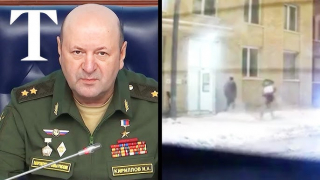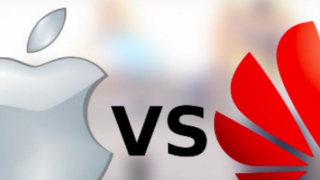See also
02.12.2016
The resumption of fighting with heavy and medium military equipment in Tripoli is reported. They involve armed factions from different parts of Libya...
02.07.2016
Muslim pilgrims joining this year’s Haj in Saudi Arabia will have to wear an electronic safety bracelet, after more than 2,000 died in a stampede...
24.12.2024
The death of Russian General Igor Kirillov in Moscow sadly reminds us of that of Daria Dugina (whose murder by a cowardly hand we do not forget and...
23.09.2016
The Syrian Defense Ministry has announced wide-scale operations in order to liberate the terrorist-controlled neighborhoods of Aleppo city. According...
29.05.2019
The US’s trade war against China has kicked into high gear with another conflict heating up. The victims are Huawei, Chinese techno-giant, one of the...
17.08.2016
Eight houses were damaged when the Kiev forces shelled several towns of Donetsk People’s Republic in the past 24 hours, the DPR operative command...
22.09.2016
It is reported that ISIS terrorists located in Syria shelled the border Turkish town of Kilis. The shelling wounded two people, one of them - a child...
05.10.2016
Russian President Vladimir Putin at the first meeting of the State Duma of the seventh convocation stated that it is necessary to strengthen the...
Russian Ground Forces Commander General Oleg Salyukov stated that Moscow plans to form the divisions in the western and central regions of the...
21.09.2016
Two people were killed and seven others got injured when terrorists fired rocket shells on Aleppo city on Wednesday, while only material damage was...
16.02.2014
Of course, it’s impossible to ignore all the dramatic events of the 17th century which led to the situation of the mid-18th century, but addressing...
07.10.2016
Russia is doing everything to avoid direct confrontation with the US in Syria, said president Bashar al-Assad in an interview with Danish channel TV...







